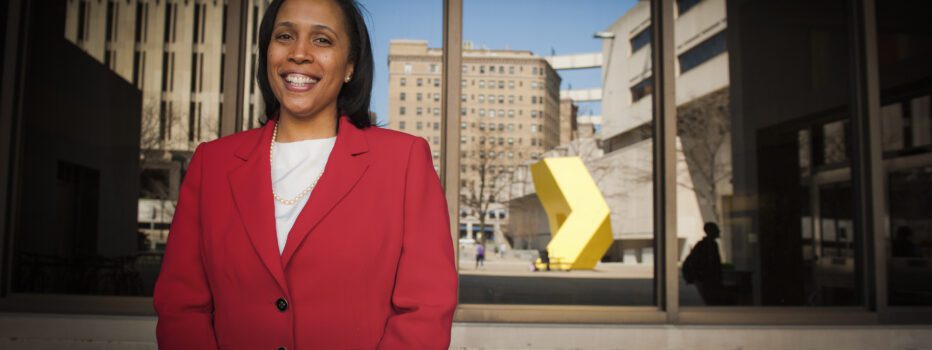Become an education policy expert and gain the tools you need to work toward equitable change in society
Our Master of Arts in Education Policy at the University of Pittsburgh School of Education focuses on equity-driven education policy analysis and transformation.
As a student, you will explore how the (re)design of educational systems can improve learning opportunities for students of all ages. You will also learn how policy and systems can be used to improve your own organizations.
















